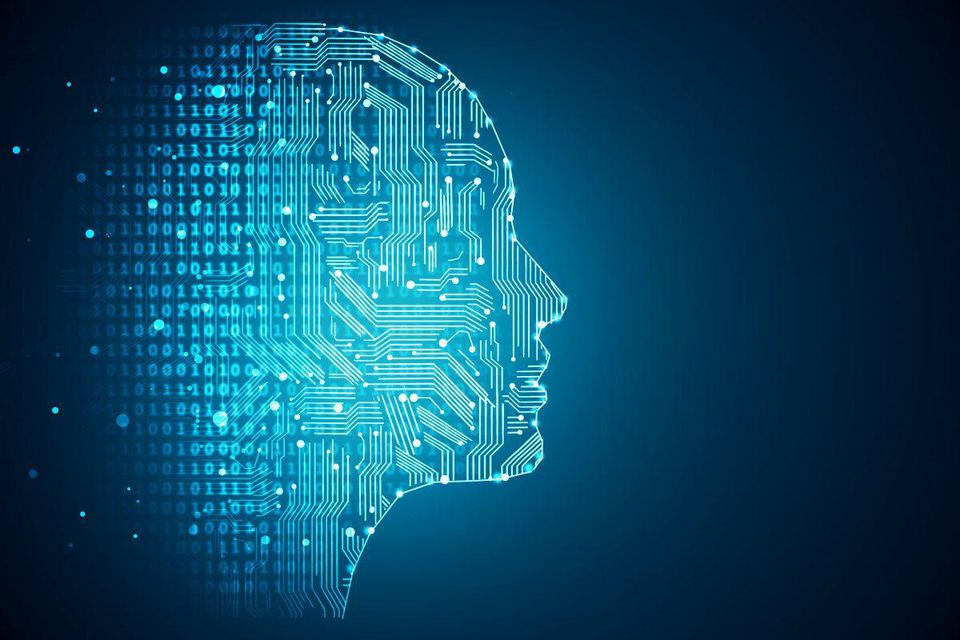Source:- forbes.com
Since its founding in 1910, Japanese company Hitachihas been at the forefront of innovation with a philosophy to contribute to society through “the development of superior, original technology and products.” Today, Hitachi is a multinational conglomerate that offers operational products and services as well as IT-related digital technologies such as artificial intelligence and big data analysis. Its artificial intelligence and machine learning technologies are impacting not only their own services and products but how other industries such as healthcare, shipping, finance operate.
Hitachi AI Technology/H
Announced in 2015, H is Hitachi’s solution for a generalized artificial intelligence technology that can be applied to many applications rather than just built for a specific application. H supports a wide range of applications and can generate hypotheses from the data itself and select the best options given to it by humans. In one experiment, a robot with H technology was able to teach itself how to swing. As you can see in the video, the process started with inconsistent movement that doesn’t create an effective swinging motion. Over a short amount of time, H tested hypotheses, learned from data, and altered the robot’s motion to ultimately create a swinging motion that is more effective than humans produce. So far, H has been applied in 57 projects in 14 areas from a warehouse management system to retail sales, call centers, finance, water plants, and more.
H uses natural language processing and deep learning to process information from multiple sensors and data points to ultimately find patterns in the data that humans would miss. It does not require a human to set up a hypothesis in advance, and it can grow according to the situation. The technology searches for conditions that are relevant to business objectives based on the information it receives and then determines a method to optimize these objectives.
Hitachi has used its artificial intelligence expertise tofight cyberbullying in Japanese schools, to develop new service platform businesses, and to understand and make decisions based on demand fluctuations and kaizen activities in the workplace. By using AI to generate logical dialogue in Japanese, the technology also helps support enterprise decision-making for global companies.
Cancer screening
Hitachi hopes its AI technology will help fight cancer. In what appears to be the first trials of its kind, Hitachi is screening urine samples, that can be collected by individuals in their home, for signs of breast and colon cancer. The research of donated urine samples from cancer patients revealed 1,300 metabolites, of which 30 are considered biomarkers of the disease. Once the urine samples are analyzed, the technology looks for those biomarkers that indicate the body has cancer. While tests have been conducted for a couple of years, the most recent trial is to determine if room temperature samples are suitable for analysis. If the trials are successful, this can change the game for early cancer detection, save lives, and reduce the cost of treating cancer. People can mail in their urine test and not need to take time to visit the doctor’s office or experience more invasive testing procedures. Cancer screening through urine analysis is particularly beneficial for children who might fear needles and medical treatment.

 Starting: 1st of Every Month
Starting: 1st of Every Month  +91 8409492687 |
+91 8409492687 |  Contact@DevOpsSchool.com
Contact@DevOpsSchool.com